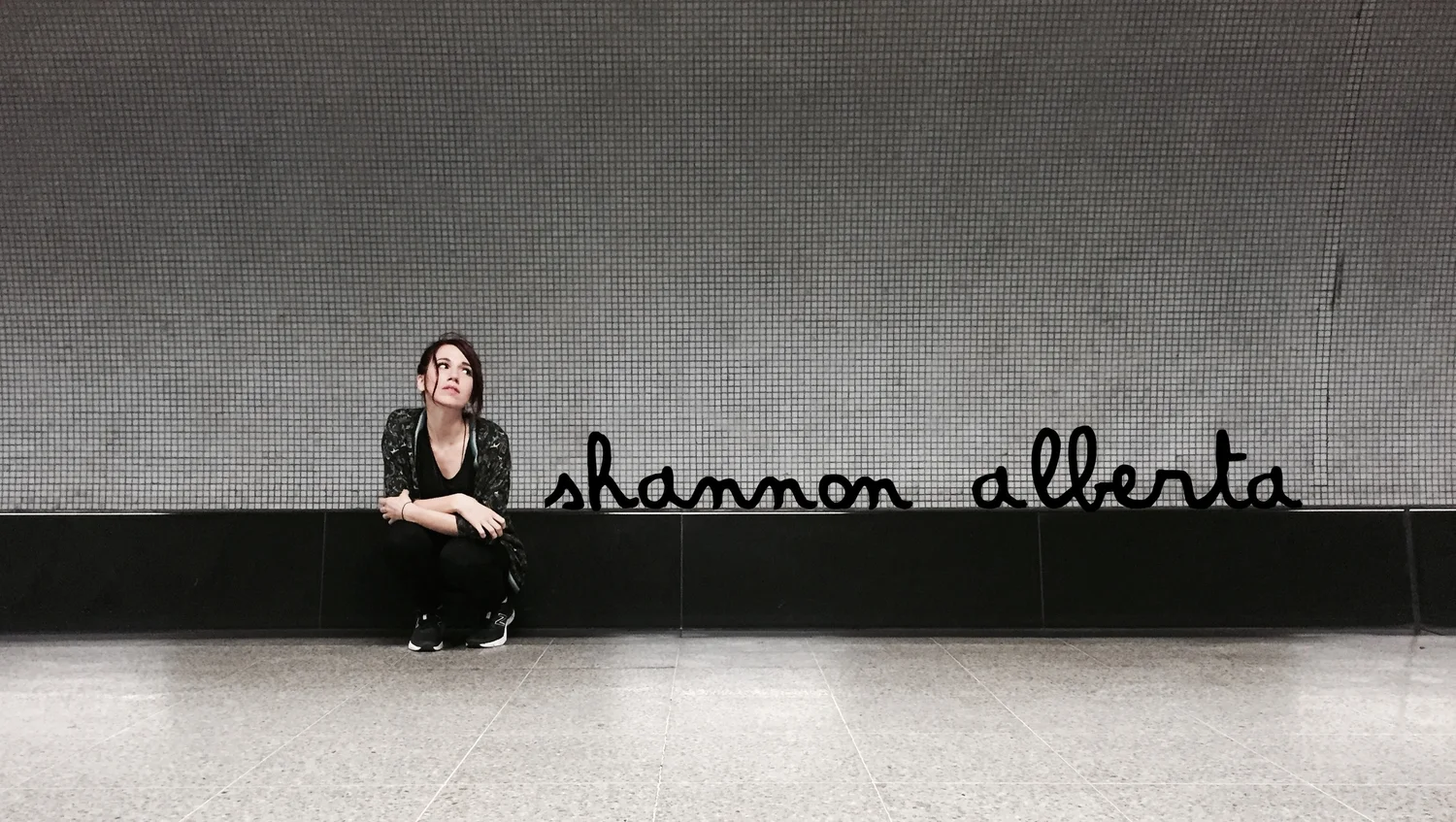Literary Gut Punch: From Adam Ehrlich Sachs' The Philosophers
Sachs' story was featured in the February 1st 2016 issue of The New Yorker. I read it sitting in a chair at my hair salon and within the first paragraph, I knew (as much as someone can know a thing), that it was a special kind of sacrilege to keep reading something so beautiful while Ginuwine's "Pony" was being pumped out the speakers. But I couldn't stop.
This story, which is actually a series of vignettes, blew my heart wide open. It reminded me what a story can do. It's been a while since I've encountered a writer who, upon reading a single story of theirs, I want to crawl up inside their mind and play, like a first-grader on a jungle gym.
This entire story is Literary Gut Punch.
Soon the madman had talked to everyone worth talking to, seen everything worth seeing, thought about everything worth thinking about, and yet again was left bored and lonely. Even the company of geniuses wasn’t enough; boredom would always be with him, he realized, as long as he had this huge, historic intelligence. Suicide was the only way out. He decided to commit suicide by paradox. He would go back in time and kill his own grandfather—a logical impossibility, as we all know, he said, since killing his grandfather would mean that he himself wouldn’t be born, which would mean that he couldn’t go back in time to kill his grandfather. So this might be interesting, he said. Plus he would get to murder the man who had handed down to him this huge, horrible, historic intelligence.


